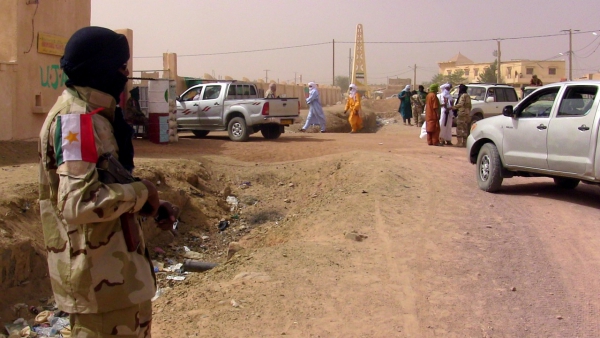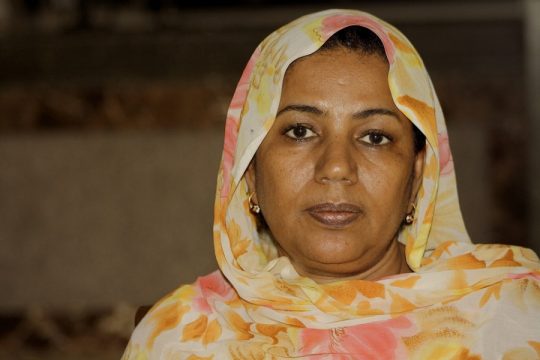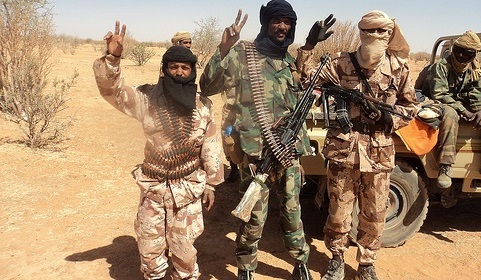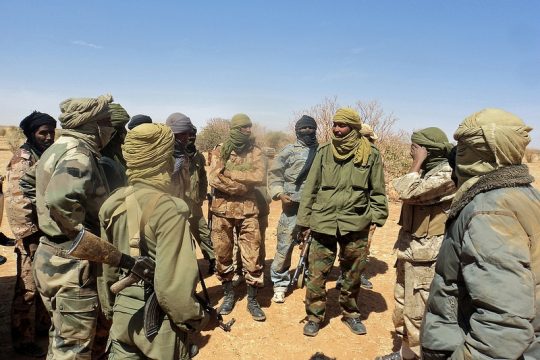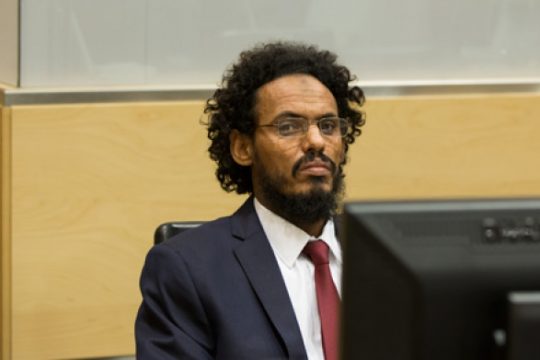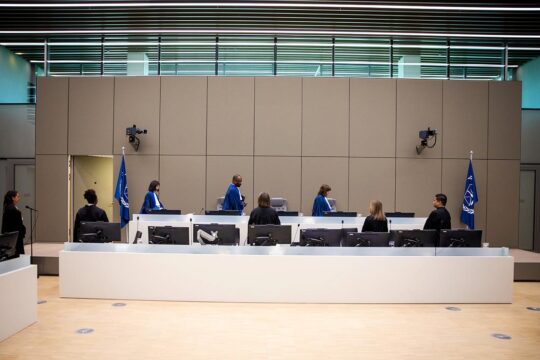Mali’s Truth, Justice and Reconciliation Commission (CVJR) was created over a year ago and put in place last October, but it has hardly started working. The Commission, which has a three-year mandate (2015-2018), has just finished drawing up its “2016-2018 Action Plan”, its “Intervention Strategy for 2016-2018” and its “Internal Regulations”. Malians are impatient to see it working, especially victims of the crises that have hit the country from its independence to the present day.
“It is understandable that victims are getting impatient,” Commission President Ousmane Oumarou Sidibé admitted at a press conference in Bamako. “They have been heard many times by human rights organizations and NGOs. This could even worsen the trauma for some of them.” Two and a half years from the theoretical end of its mandate, the Commission has only just set up its regional bureaux and is getting ready to start the hearings proper. But the task is huge: dealing with the serious human rights violations committed in Mali’s crises from 1960 to 2013, including three coups and four rebellions.
As well as concerns about the Commission’s slowness, observers are also worried about the Commission’s independence. Their concern is based on a recent statement by the Commission president saying the CVJR’s budget was “housed with the Ministry of Reconciliation”, which has itself complained of budget cuts and has to rely on the “goodwill of partners”. Some Malians also think current Minister of Reconciliation Zahabi Sidi Ould Mohamed, a former rebel in the 1990s, still has links with Arab communities and Touaregs in the north, particularly his home region of Timbuktu.
In addition, while the law that created the Commission provides for 15 members, the implementing decree raised this to 25, and the Commissioners are not yet all in place. Nominating the 10 new members is proving difficult, as there is no consensus either on their names or representativeness of the different bodies concerned (army, victims’ associations, human rights organizations, etc.). Some victims fear that killers or their relatives could become members of the Commission.
Sexual crimes
“There must not be any suspected killers in this Commission,” insists Moctar Mariko, head of the Malian Human Rights Association, “because it would be difficult if not impossible for the victims to come and testify on the atrocities they have suffered.”
Mariko, a dedicated human rights lawyer, says it is important to reassure, protect and encourage the victims. “Victims come to AMDH to express concerns, saying they have heard that such and such a person is among the Commission members and that this person or persons condoned or participated in crimes,” he says. “We have drawn this to the attention of the Commission President and stressed that if there are perpetrators on the Commission, the victims will never testify and reconciliation will be difficult.”
The fact that some things have been deliberately forgotten may be another problem for a Commission whose work will depend mainly on witness testimonies. “Some human rights violations have been swept under the carpet, buried,” says historian Amadou Poudiougou. “Nobody will dare dig up these tragedies hidden deep in the painful past of our people.”
The investigations into sexual crimes, especially during the 2012-2013 crisis, are likely to be just as delicate. Researcher Boubacar Ba speaks of many cases of rape, sexual assault, forced marriage and child abuse. But when it comes to such crimes, Malians – whether victims, perpetrators or their families -- do not like to talk, out of shame and shyness. “Talking about a crime linked to sex is taboo,” says Imam Mohamed Almamy Traoré. He says people find the idea of doing so before a State structure repugnant. It is clearly going to be almost impossible for women who were raped and are still traumatized to come and describe what happened to them. “It would also be rubbing salt into a wound that has perhaps started to heal,” says philosopher Mohamed Lamine Ouattara.
Army of silence
Amnesty International reports multiple cases of sodomy between soldiers and policemen after what is known as the “counter-coup of April 2012”. It says soldiers and police detained at the GMS barracks in Bamako were forced at gunpoint to sodomize each other several times over. Will these victims testify? Nothing could be less certain.
Another factor to be reckoned with is the fatalism of Malian society, where influential religious leaders preach that “everything that happens to human beings should be accepted as such and they should thank God”. These spiritual leaders advocate forgiving and forgetting.
Security forces have played a key role in Mali’s crises, especially the three coups of 1968, 1991 and 2012 by rebel soldiers. Deadly score settling and army purges have often followed. But one of the golden rules within this army is silence. Will it be possible for soldiers, especially senior officers, to testify freely to reveal the truth?
On top of all these real or possible difficulties, implementation of the Mali peace accord is slow. The Commission will have its work cut out.
Editor’s Note 8/06/2016: Since this article was written, the ten new Commission members have been nominated and the first hearings of women held on June 4 and 5.



